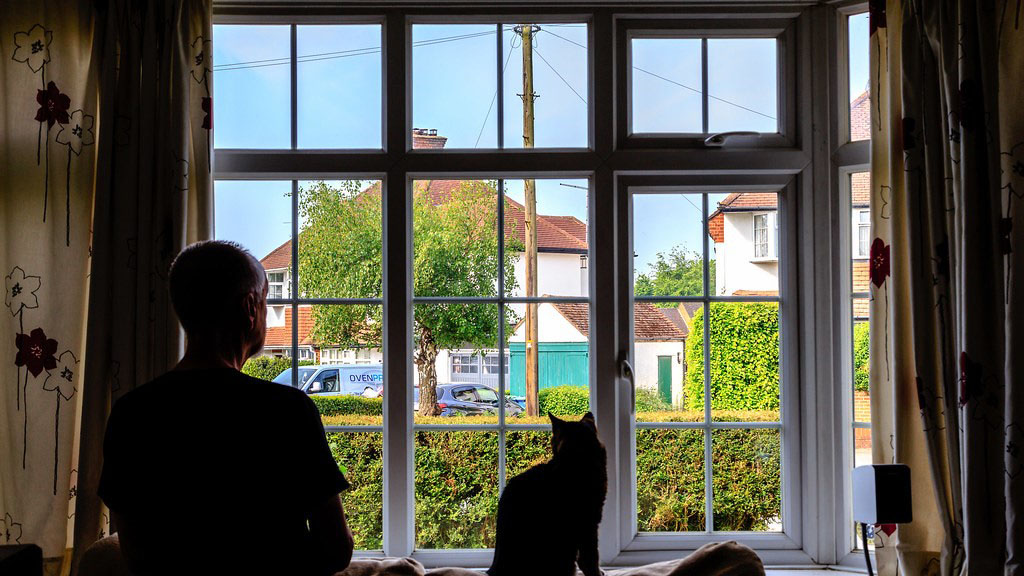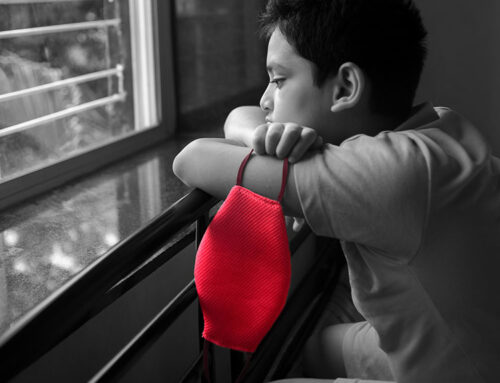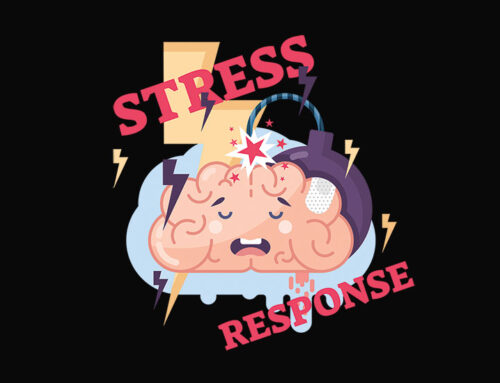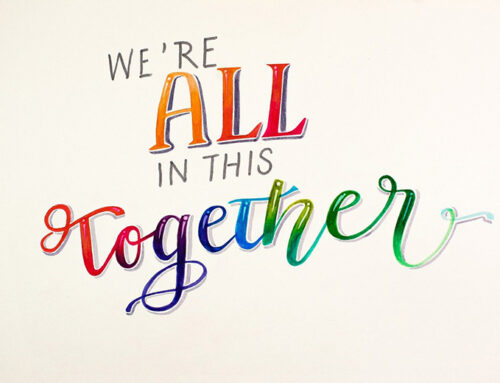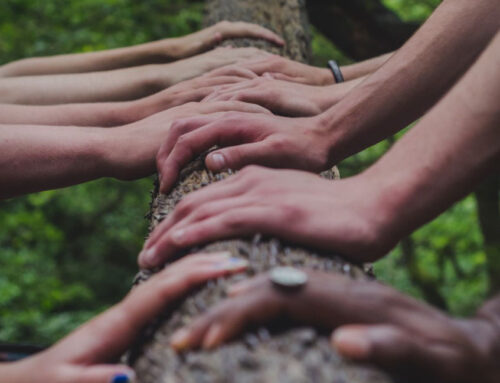This past year, we have suffered great losses due to COVID-19. Loss of life, ceasing of social interactions because of remote working/learning, and deteriorating health and cognitive ability in Covid-19 survivors have had significant ramifications on our general well-being. Many amongst us have experienced anticipatory anxiety and grief over losses looming on the horizon. This makes it all the more necessary to cultivate appropriate and effective coping mechanisms to deal with these situations.
Pre-COVID-19, when we lost a loved one, traditional rituals and ceremonies honored the deceased. They helped the bereaved family in coming to terms with the loss in a social setting, to challenge denial, and address the grief. This in a way normalized the individual’s own experience of fear and anxiety over mortality and helped him reconcile with the ephemeral nature of life. COVID-19, however, has severely limited our engagement and has robbed us of such healing rituals.
COVID-19 has fostered loss of employment and relationships. Employment opportunities have shrunk and people are compromising with less fulfilling career paths. Social relationships have been complicated by distance and fear of contamination and exposure, resulting in involuntary isolation.
Individuals experiencing such losses should look out for symptoms such as sadness, lack of interest in the mundane routines of life, changes in diet (eating too much or too little), lack of joy and lethargy of mind and body. Grieving and experiencing these symptoms for a very short duration is still fine, however if they refuse to go away or become severe, triggering hopelessness and suicidal tendencies, it is advisable to seek professional help.
There are a number of ways you can address the losses in uncertain times during the pandemic. Start with understanding and embracing the process of grieving. When there is loss of life, accept the emotions that might arise such as denial, anger, sadness, and hope. Participate in online gatherings (via Zoom, FaceTime, Skype, WhatsApp, and other video platforms) to honor and remember the deceased loved one and create rituals that closely mimic your traditional ways of mourning. Reconnect with your faith and belief system to find meaning after a loss.
Maintain a daily routine with time carved out for exercise and self-care. Create goals for personal and professional growth. Pursue interests by attending online hobby classes or take-up a course that is beneficial to your career.
Leverage technology to connect with loved ones on a regular basis and to create social opportunities. Work on reconciling with uncertainty and lean on people around you. If someone offers help, accept it. If a loved one is struggling with grief, talk to him. Encourage him to seek professional help when that is needed. Talking about loss normalizes grief and therapy will help develop adaptive coping mechanisms.
Stay safe!
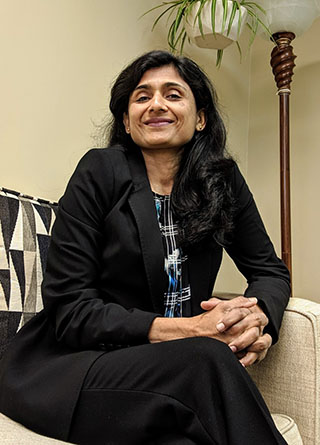 by Dr. Anu Saale-Prasad
by Dr. Anu Saale-Prasad
Dr. Saale-Prasad is a Clinical Psychologist with a private practice in New Jersey. She conducts psychological assessments and provides psychotherapy to adults who have generalized anxiety, social anxiety, depression, and grief and loss.

